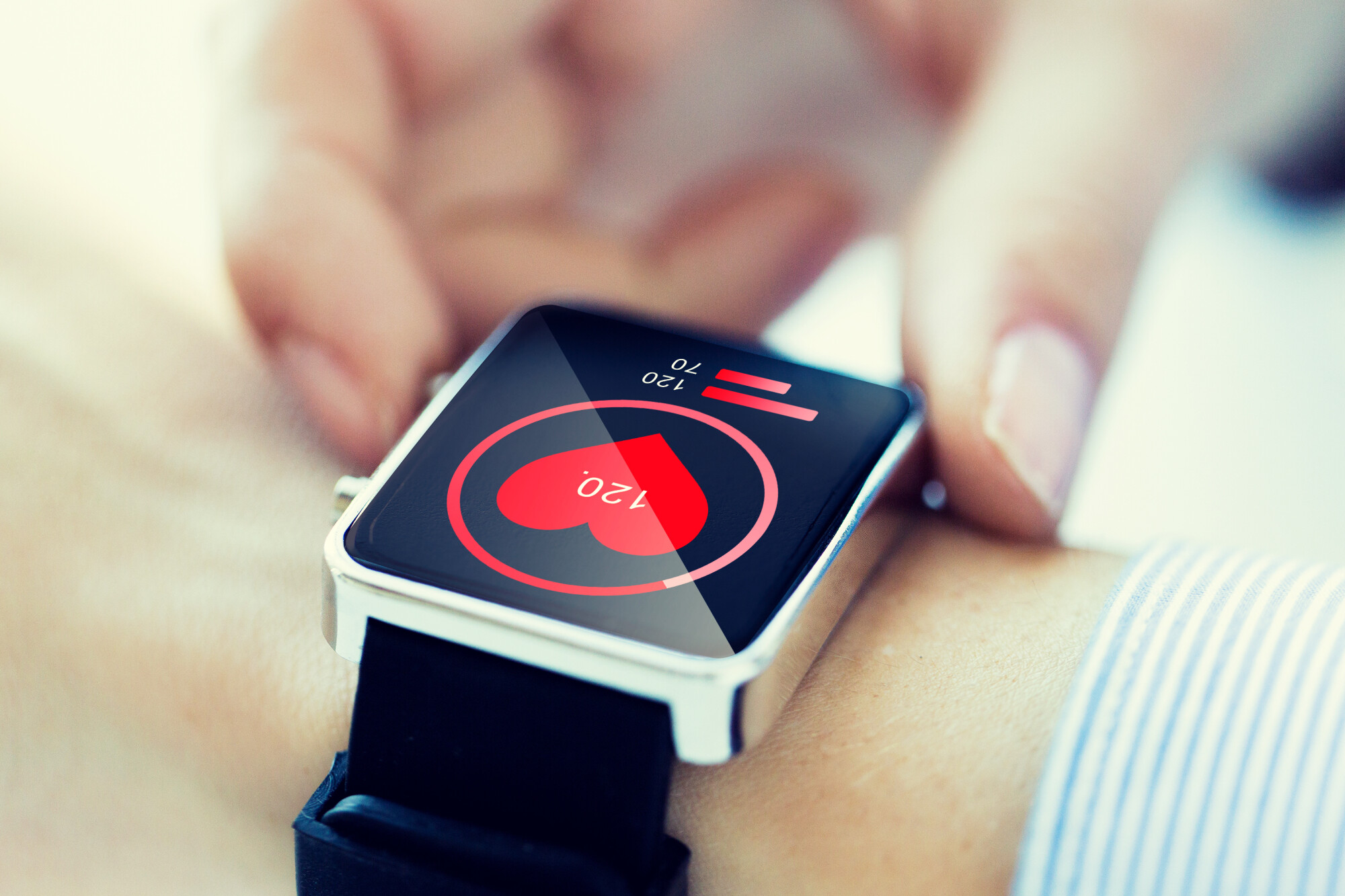Is Heart Disease Preventable?

Heart disease is now the leading cause of death for women, men, and most people of racial and ethnic groups in the US. In fact, one person dies due to cardiovascular disease every 34 seconds. About one in every five deaths is due to heart disease.
Is heart disease preventable? Yes! A few small changes to your lifestyle and routine could make all the difference in reducing your risk.
Read on to learn how to prevent heart disease today.
Stay Active
Get ready to work up a sweat! Schedule 30 to 60 minutes of physical activity as part of your daily routine. Physical activity can lower your risk of heart disease and help you control your weight.
Regular physical activity can also reduce your risk of other conditions that might put an unnecessary strain on your heart. For example:
- High cholesterol
- Type 2 diabetes
- High blood pressures
If you’re new to exercising daily, start slow and work your way up to more vigorous workouts.
Try to schedule at least two strength training sessions into your week. Add 150 minutes of moderate aerobic exercise into each week and 75 minutes of vigorous aerobic activity. For example, walking or running.
Even five minutes of physical activity can benefit your heart health. Walking the dog, taking the stairs, and gardening can help you accomplish your goals.
Over time, try increasing the duration, frequency, and intensity of your workouts.
Adjust Your Diet
You are what you eat! A heart-healthy diet can protect your heart. It also reduces your risk of type 2 diabetes while improving your cholesterol and blood pressure levels.
As part of a heart-healthy diet, try consuming more:
- Healthy fats (like olive oil)
- Fruits and veggies
- Beans or other legumes
- Whole grains
- Low-fat and fat-free dairy
- Lean meats and fish
Try to limit your intake of saturated fat, processed carbohydrates, sugar, and salt.
Maintain a Healthy Weight
Exercising and adjusting your diet can help you maintain a healthy weight. Otherwise, being overweight could increase your risk of heart disease.
Excess weight can increase your risk of type 2 diabetes, high cholesterol, and high blood pressure, too. If you have a body mass index (BMI) of 25 or higher, you could be at a higher risk of heart disease and stroke.
Try to reduce your weight by 3 to 5% to lower your blood pressure and blood cholesterol levels.
Quit Smoking
Avoid smoking or using tobacco as part of your heart disease prevention efforts. If you’re not a smoker, avoid breathing in secondhand smoke.
Otherwise, the chemicals in tobacco can damage your blood vessels and heart. Cigarette smoke reduces oxygen in the blood. Your heart rate and blood pressure will increase if your heart needs to work harder to supply oxygen to the brain and body.
After you quit smoking, your risk of developing heart disease will decline. After a year without smoking cigarettes, your risk will drop to about half that of a smoker. Quitting immediately can make all the difference in helping you avoid heart disease.
In an effort to remain healthy, limit your alcohol intake as well.
Excessive drinking can cause your blood pressure levels to rise. Drinking also increases your calorie intake, leading to weight gain. Both high blood pressure and weight gain can increase your risk of heart disease.
Quit smoking and limit drinking this year.
Get Sleep
Your body needs sleep in order to heal from a long day. Inadequate sleep can increase your risk of heart attack, high blood pressure, obesity, diabetes, and depression. Aim for about seven to nine hours of sleep each night.
If you’re struggling to get enough sleep, try adjusting your sleep schedule. Wake up and go to sleep at the same time each morning and night. Keep your bedroom quiet and dark.
If you’re still unable to sleep, talk to a doctor. They might determine you have an underlying condition like obstructive sleep apnea. Obstructive sleep apnea could increase your risk of heart disease.
Manage Stress
Try to manage your stress throughout the day. Otherwise, excess stress could lead to smoking, drinking, or overeating.
Look for constructive ways to manage your stress levels, such as exercising. Try journaling, yoga, or meditation, too.
Schedule Screenings
As you begin using these heart disease prevention tips, consider visiting a doctor. Regular health screenings will let you know if you have high blood pressure or cholesterol levels. A specialist can also advise you on the best heart disease prevention methods.
For example, they might recommend percutaneous coronary intervention (PCI). You can learn about PCI here.
Have your blood pressure measured at least once every two years. People ages 40 and up should get a blood pressure test annually.
Have a doctor check your cholesterol once every four to six years, starting from age 20.
Doctors can also screen you for type 2 diabetes, which is a risk factor for heart disease. Screening is usually recommended beginning at age 45. If you have a family history of diabetes or you’re overweight, consider early screening.
If you have high blood pressure, diabetes, or high cholesterol, talk to a doctor. They might recommend lifestyle changes or prescribe medications that can help. With their advice, you can develop a heart disease prevention plan.
Is Heart Disease Preventable?
To recap, is heart disease preventable? Yes! You can learn how to prevent heart disease by making a few small changes to your routine.
With these tips, you can reduce risks of heart disease to live a long, healthy, happy life.
Searching for more tips? You’re on the right blog.
Explore our latest articles for more advice today!



















